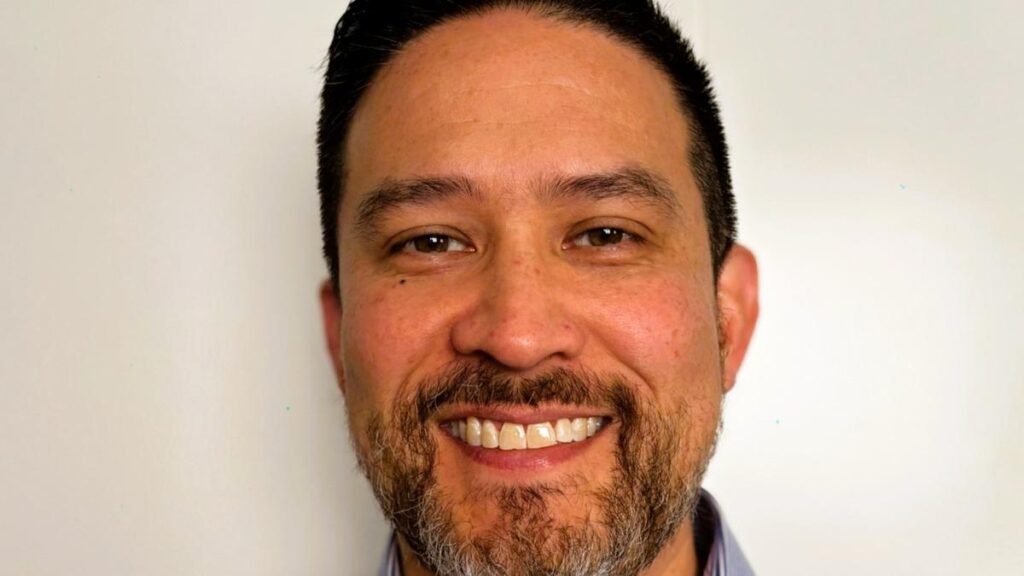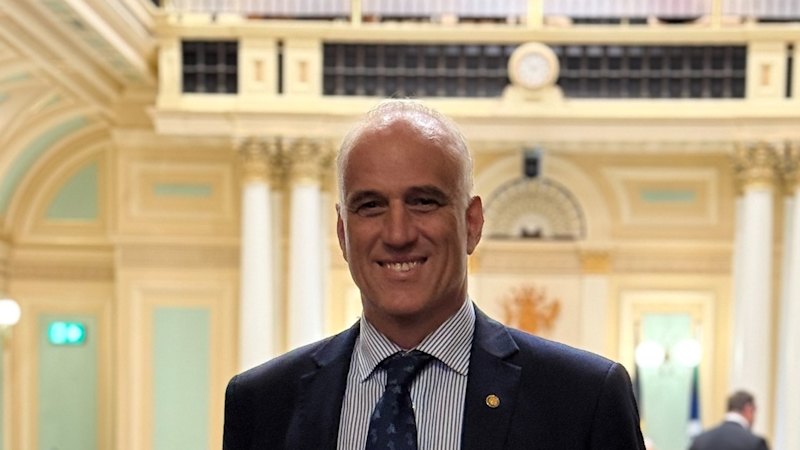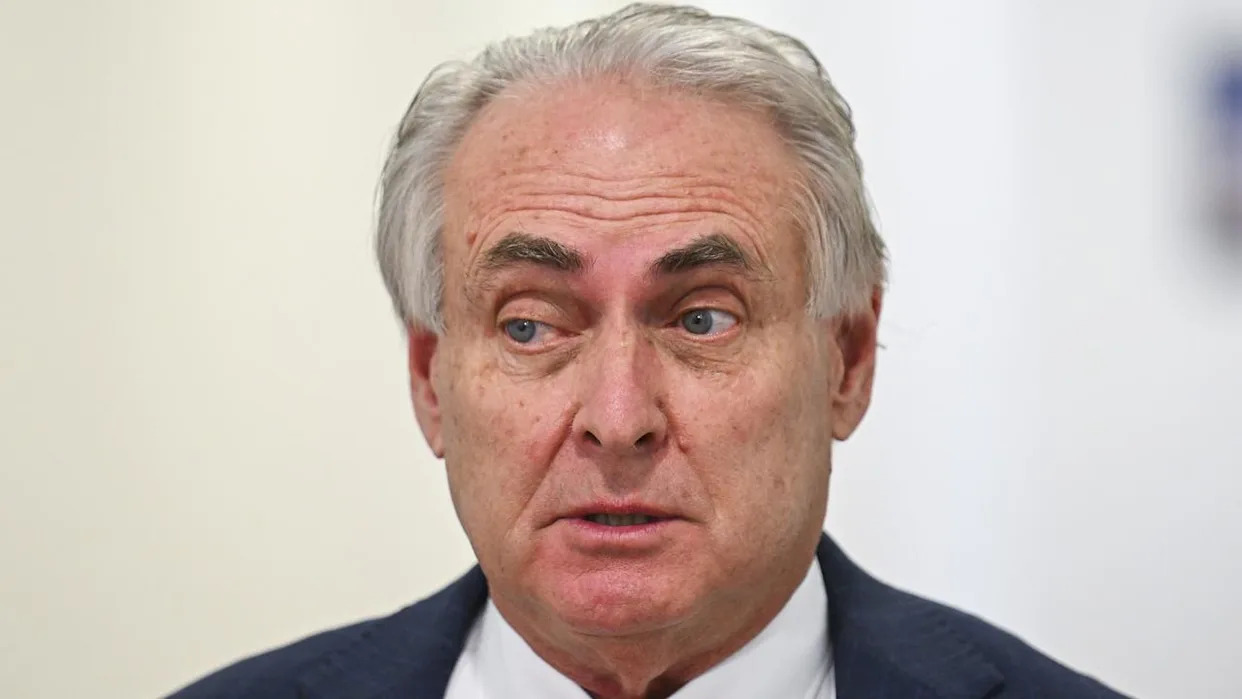
NeuroScientific Biopharmaceuticals has appointed Nathan Smith as its new chief executive officer, marking its second significant leadership change within a week. This strategic hire comes as the company prepares for the commercial launch of its innovative StemSmart stem cell technology. Based in Melbourne, Smith brings a wealth of experience in cell and gene therapies, having held senior roles in both Australia and the United States.
Smith’s background includes extensive expertise in navigating regulatory and commercial pathways critical for a biotechnology firm. His appointment is expected to facilitate the transition of NeuroScientific from a startup to a scaled-up commercial entity. The company emphasizes that Smith’s knowledge of good practice manufacturing will be essential as they aim to maximize the potential of StemSmart.
NeuroScientific acquired the StemSmart technology in late June 2023 through a $4.1 million deal with unlisted Perth-based stem cell company Isopgen. StemSmart employs a specific type of stem cell known as mesenchymal stromal stem cells (MSC), designed for infusion treatments in critically ill patients. These patients may be suffering from severe immune complications related to bone marrow transplants, organ transplant rejections, and inflammatory conditions such as Crohn’s disease.
In conjunction with Smith’s appointment, NeuroScientific has also onboarded Dr. Catherine Cole, a respected paediatric haematologist and oncologist from Perth, as its chief medical officer. The dual appointments have coincided with a notable surge in the company’s share price, which rose by 11.3 percent to 24.5 cents—the highest trading volume since April. Since the beginning of June, the company’s shares have appreciated by an impressive 360 percent.
Prior to joining NeuroScientific, Smith served as the director of business development at Cell Therapies in Melbourne, which specializes in advanced cell-based therapies at the Peter MacCallum Cancer Centre. He has also held positions at prominent companies such as Genzyme Corporation, Mesoblast Inc., and GlaxoSmithKline, focusing on the full therapeutic cycle from pre-clinical development to clinical trials.
Expressing his enthusiasm for the role, Smith stated, “I was attracted to NSB given the historical success of StemSmart in multiple serious clinical disorders and the clear potential of the technology for further development.”
The leadership team at NeuroScientific is further strengthened by Dr. Marian Sturm, the company’s chief scientific officer, who has been instrumental in the development of MSC technology over the past two decades. Dr. Sturm previously led the Cell and Tissue Therapies centre at Royal Perth Hospital, where the StemSmart technology was developed.
StemSmart represents a significant advancement in MSC manufacturing, utilizing a specialized media that activates the stem cells during growth. The technology has undergone numerous early-phase clinical trials and compassionate use studies, yielding promising results.
Later in 2024, NeuroScientific anticipates the release of interim results from its latest compassionate trial focused on patients with difficult-to-treat fistulising Crohn’s disease. This condition can lead to open wounds developing from gut flare-ups that extend to the skin, and a successful trial would help validate the efficacy of the StemSmart technology for this patient population.
NeuroScientific’s recent activities, including the acquisition of Isopgen and a successful $3.5 million capital raise, have provided the company with a financial boost, giving them a total of $7.5 million to support ongoing trials and further development of StemSmart. This momentum is crucial as the company aims for partial or full registration of StemSmart, starting with its application as a treatment for Crohn’s disease.
As NeuroScientific continues its progress, the combination of strategic leadership and innovative technology positions the company for a potentially transformative impact in the field of stem cell therapy.






